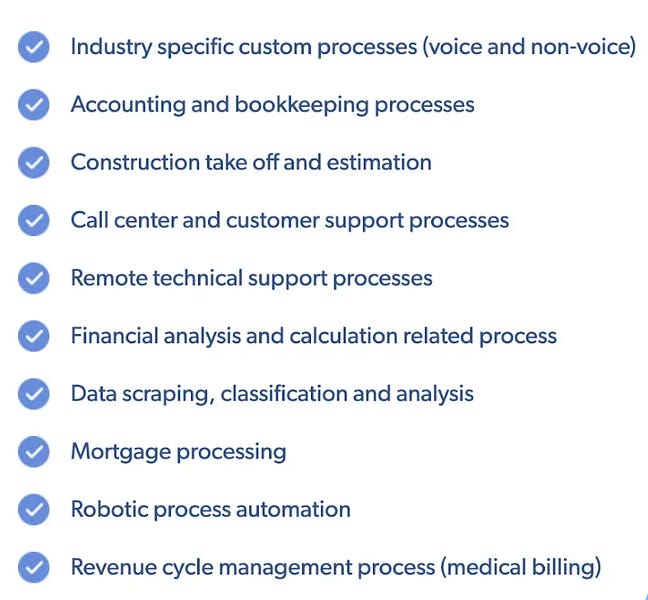
For the past 25 years, application software startups have been focused on increasing company and employee productivity. This has traditionally involved building software to improve productivity at the employee level, enhance collaboration, and enable better management. However, the emergence of Large Language Models (LLMs) presents a new opportunity for startups to sell work itself, rather than just software.
Selling work opens up vertical opportunities that were previously out of bounds for software companies. For example, EvenUp, a personal injury law firm, sells demand packages instead of software. These demand packages are work products that summarize a case, medical costs, and a settlement recommendation. Instead of selling software to improve productivity, EvenUp sells the work product itself. This shift in approach allows startups to tap into new markets and sell a more valuable product.
When selling work, the sales cycle and pricing are different. The cost is relative to the human labor involved, rather than being benchmarked against productivity gains. Additionally, the competition for similar products is often outsourced groups, which can be easily surpassed by AI-driven products. This presents a significant opportunity for startups to offer superior quality at a fraction of the cost.
While there is a fear that AI will replace humans in the long run, examples like EvenUp show that AI can actually enhance human capabilities. By automating tasks like creating demand packages, lawyers and paralegals can focus on more meaningful aspects of their work, benefiting both the customers and the firm.
If you have other examples of selling work using LLMs or if you’re building a company in this space, Sarah Tavel would love to hear from you. Feel free to reach out to her at benchmark email address.
To learn more about escaping competition and building enduring value with LLMs, check out Sarah Tavel’s previous post here.
FAQs
Q: What are Large Language Models (LLMs)?
A: Large Language Models (LLMs) are powerful AI models that can generate human-like text and assist with various tasks.
Q: How is selling work different from selling software?
A: When selling work, the focus is on delivering the end product or service, rather than just providing software to enhance productivity. The sales cycle, pricing, and competition dynamics are also different in this approach.
Q: Can AI replace human labor entirely?
A: While there may be concerns about AI replacing human labor, examples like EvenUp demonstrate that AI can augment human capabilities and free up time for more valuable tasks.
Conclusion
The emergence of Large Language Models (LLMs) has opened up new possibilities for startups to sell work itself, rather than just software. By shifting the focus from productivity improvement to delivering the end product or service, startups can tap into new markets and offer more valuable solutions. While there may be concerns about AI replacing humans, successful examples like EvenUp show how AI can enhance human capabilities and create new opportunities. If you’re interested in this space or have examples to share, reach out to Sarah Tavel to join the conversation.







